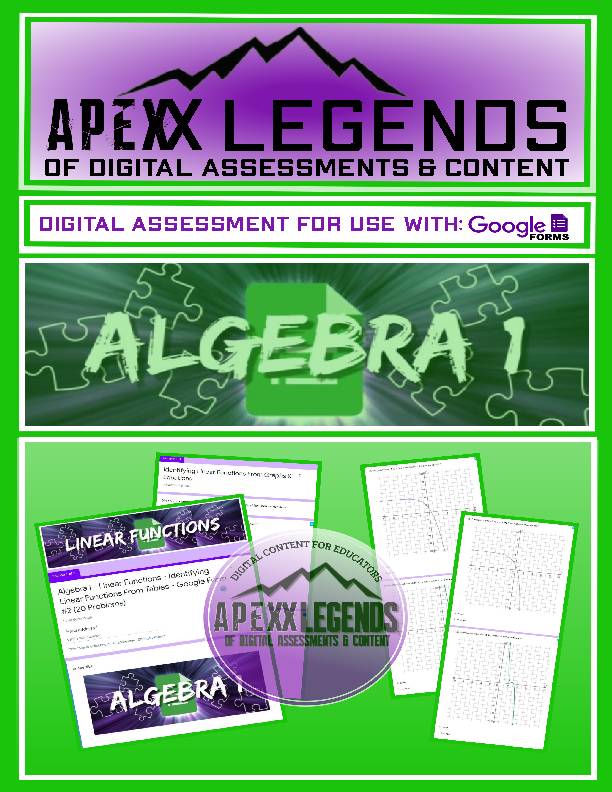It is never too early to begin promoting reading and literacy skills in children.
It is never too early to begin promoting reading and literacy skills in children.
Babies are already born with the ability to process language. As they grow and develop, they become aware of the language around them and begin to use it themselves. Early literacy is important because the sooner parents start building an understanding of language with their children, the sooner they can read and write.


Early literacy refers to infants’ knowledge about reading and writing before they can read and write. Reading helps explicitly with early literacy development by assisting children in understanding how text words and increasing their language and literacy skills. The first three years are the most important in a child’s life as far as language development, so this is the time to begin interaction and enforce early reading skills.
The early literacy skills that children need to be taught are:
These literacy skills are built through talking, singing, reading, writing, and playing.
During the early literacy phase, children begin to build their vocabulary. They also learn how language works and learn to tell stories and ask questions. They learn how to use books and differentiate between the different types of books. They begin writing by scribbling and drawing. They also build their knowledge of the world around them and develop a love for reading and writing.
Children who are introduced to reading at an early age tend to learn to read earlier and do better in school. Reading is a necessary skill to succeed in school and life. Research has shown that students who don’t have the reading skills they need by the time they reach fourth grade have a higher risk of struggling academically. This can also lead to problems later in life, such as low self-esteem, not finishing school and even poverty.
Reading can be introduced first through the parent or caregiver reading board books to the child when they are an infant. As the child ages, more complicated books can be added, including books with pictures and paper pages. Even if toddlers or children are engaged in active play while being read, they are still listening and absorbing the story and can act out parts of the story.
Making reading a part of the bedtime routine early on can help promote early literacy. Doing so can help bedtime go more smoothly, and the child will develop early literacy skills and a love of reading. Also, teaching children that drifting off to sleep while reading instead of staring at a screen helps to promote better sleep.
Even as children get older and learn to read on their own, parents should keep reading to and with their children. The parent and child can also take turns reading aloud to each other. Other ways to promote early reading are to listen to audiobooks on car trips or read chapter books as a family during the journey. Another option is to read books adapted into movies and discuss the film versus the book afterward. Also, seeing the story acted out onscreen can help visual learners better grasp the story and perhaps understand it better. Parents can also look for parent-child book clubs to participate in with their children.
Family trips to the library can also help encourage children to read and keep them interested. Most libraries also offer various learning programs and activities for all ages to help develop those literacy skills. It is suggested to spend at least thirty minutes daily participating in literary activities to encourage early literacy. This amount can increase as children get older.